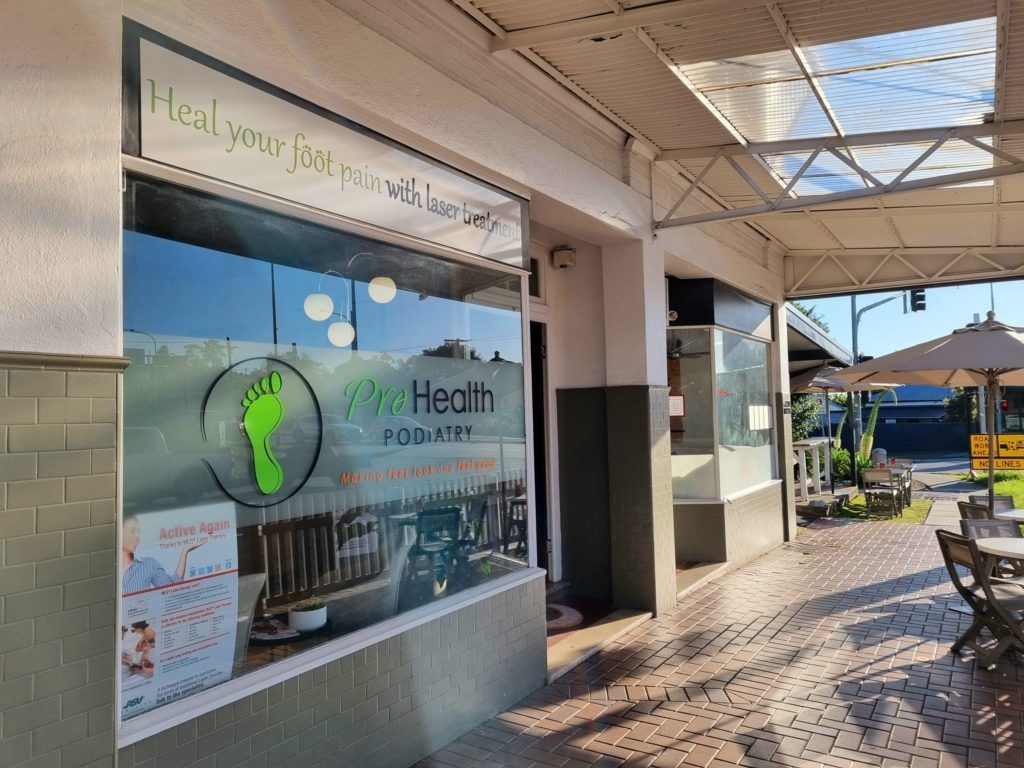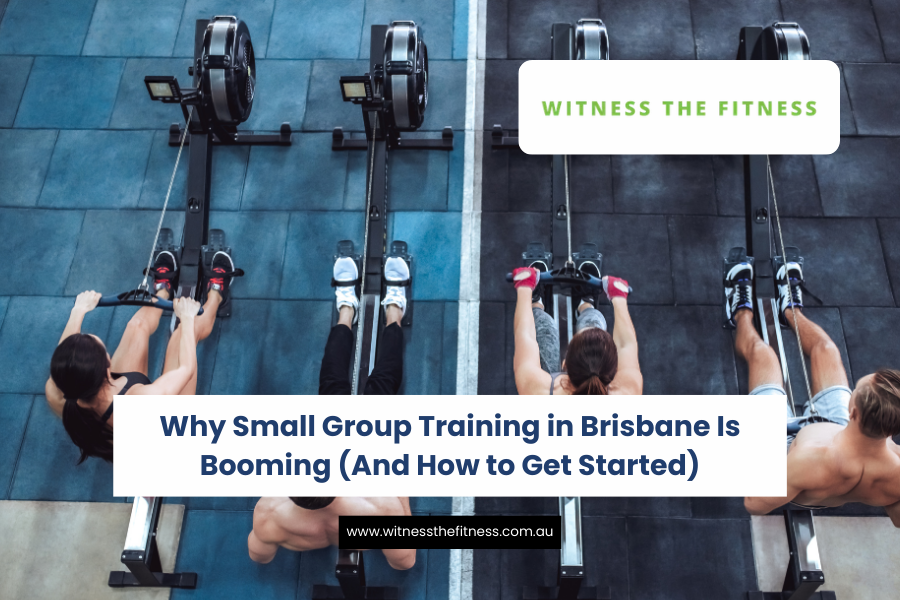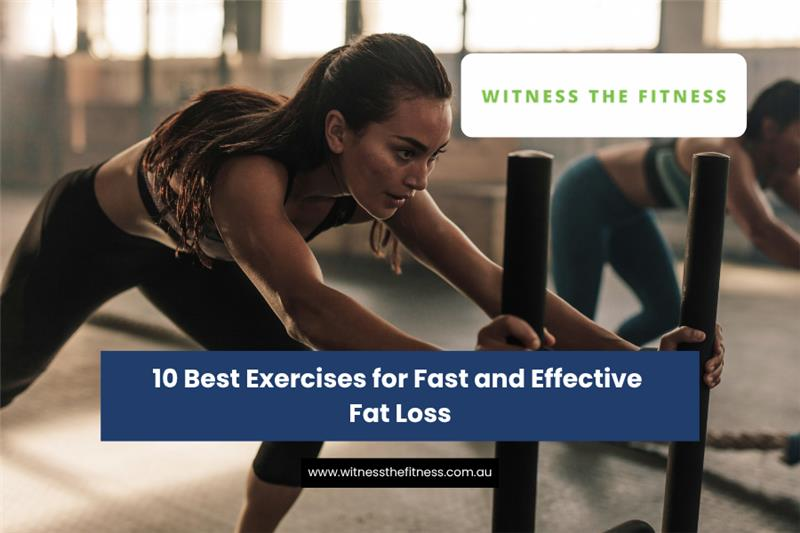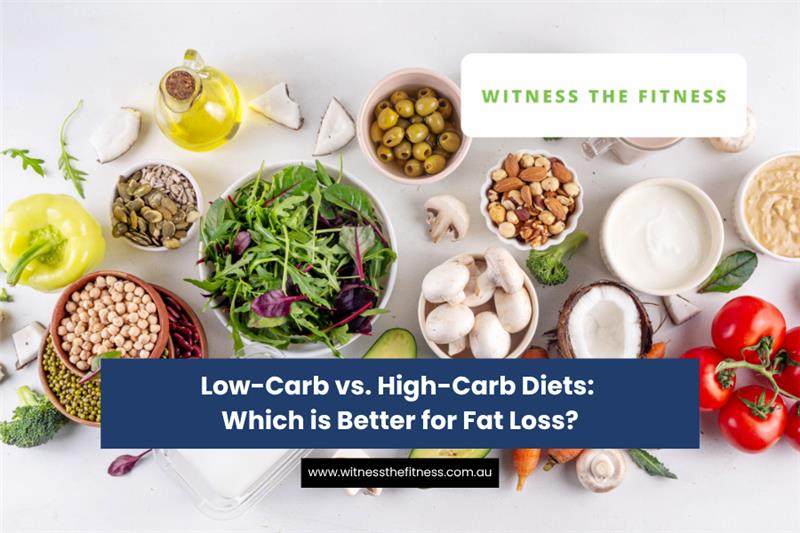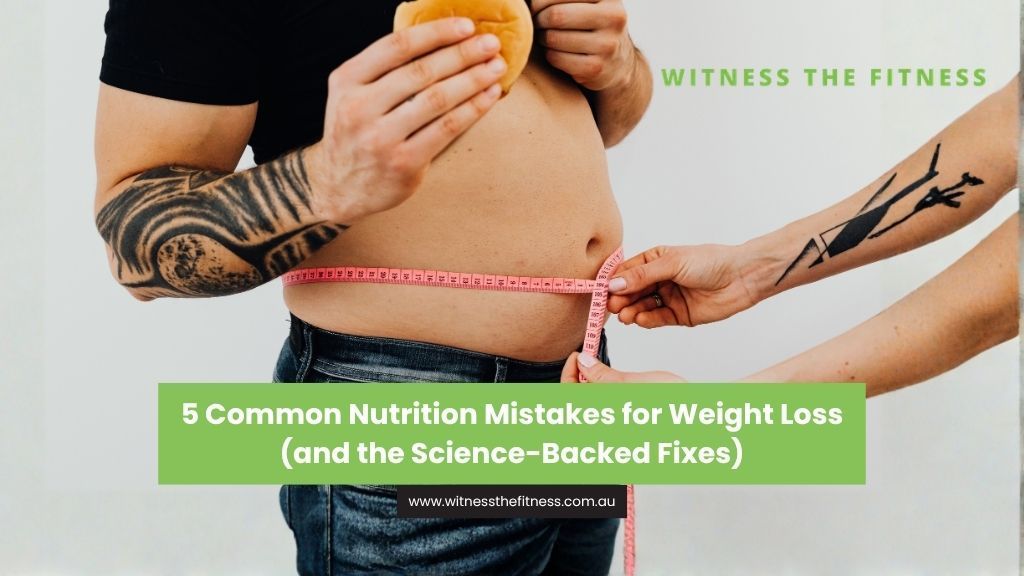Best Protein Foods for Building Muscle: High-Protein Diet & Meal Ideas
Best Protein Foods for Building Muscle: High-Protein Diet & Meal Ideas
If fitness experts at Witness the Fitness had to choose between proteins and anything else in the world for a day, they would blindly choose proteins. And why not? Proteins are the building blocks of life. Period. If you’re still confused, here’s a little preview.
These macronutrients are touted as the way to build muscles, boost metabolism, and burn calories while maintaining your hair, skin, bones, hormones, and more. Even better, they make for great workout meals that align with your fitness goals. Impressive?
Scroll ahead with Witness the Fitness expert guide to join the protein team and learn about high-protein foods for muscle building, weight management, and immunity building. Read up to also know how much protein you need to survive and thrive for the day.
What Is Protein?
Proteins are non-nutrients consisting of amino acids. These are micronutrients that are literally building blocks of life. They are vital in the development of muscles, boosting the immune system, tissue repair and production of hormones and enzymes.
What is excellent about protein? The best muscle building food, immunity and tissue repair food sources are those common trading food items which come in our daily lives. Items like eggs, fish, meat, dairy, seeds and vegetables all contain protein that builds up and rejuvenates our body so that we may stay healthy every day.
Benefits Of a Protein-Rich Diet
Here’s why protein is so good for you, and why Witness the Fitness trainers always recommend it for athletes and fitness enthusiasts:
- Repairs muscles and prevents muscle loss post-workout.
- Boosts muscle mass and strength (since muscles are 80% protein).
- Supports weight loss by burning more calories during digestion.
- Reduces hunger by balancing hormones, helping control cravings.
- Improves bone health and lowers risk of fractures or osteoporosis.
- It helps balance blood sugar levels and prevent insulin spikes.
Protein Requirement for Building Muscle
Your protein requirements are based on your age, gender, activity and general health status. In average adults, 0.8 to 1g of protein per kilogram of body weight is required to support the normal processes. So, to give an example, should you weigh 60kg then you would require about 60g of protein per day.
More active individuals in terms of cardio, weight training, and/or sport participation will require more. When that is the situation, make a goal of 1.2-2g of protein per kilogram of bodyweight to gain muscle mass, enhance strength, and recover.
Tips To Increase Protein Intake for Muscle Growth
These are some of the Witness the Fitness -approved ideas when considering a high-protein diet to increase muscle:
- Normally, the frequency of protein intake should be spread around meals
- Substitute junk Food with protein drinks or protein snacks.
- Examples of high-quality protein include Lean meat, dairy products and legumes.
- Include protein rich side (nuts, seeds, Greek yoghurt) with daily meals.
Protein-Rich Foods
Here’s a list of the best high-protein foods you can easily add to your daily meals for muscle gain and overall health:
- Kidney Beans – Full of protein, fibre, and carbs. A great vegetarian option with almost the same protein as meat. It tastes best with rice as Rajma Chawal. Protein: 43g per cup
- Greek Yogurt - Thicker, creamier than the normal yogurt and twice the amount of protein. Covered with fruits and nuts to make a healthy snack. Protein: 17g/cup
- Broccoli – More than 90 percent water, but also a source of protein to a minor degree Add stir–fries, soups or salads to increase nutrition. Protein: 1 cup weights 3g protein
- Quinoa – A gluten-free super grain with complete protein. Great rice substitute, especially for vegetarians and vegans. Protein: 8g per cup
- Peanuts - They contain high amounts of protein, vitamins and minerals. Eat roasted or peanut butter Protein: 38g / cup
- Panner - A desi delicacy that is protein and healthy fat-rich. Fry or stir-fry with spices as a snack. Protein: 21g/cup
- Chickpeas -The foundation of the hummus, as well as rich in fibre and protein. Keeps you longer and more. Protein: 1 cup of 39g
- Turkey Breast – High protein, lean turkey meat with low fat. Most of roasted or grilled Protein: 41 g per cup
- Tuna - Low in volume of fat and calories and has an abundant amount of essential amino acids. Excellent to build muscle. Protein: 21g/cup
- Chicken Breast- This is one of the best sources of lean protein. Grill, or roast or add to salads to make healthy meals. Protein: 43g/ cup
- Egg Whites-It is pure nitrogen without fat or calories. Best boiled or scrambled Protein: 26g a cup
- Salmon- Protein, omega 3 and good at helping prevent heart disease and the brain. Protein: 40g/ cup
- Lentils- Vegan protein that contains a lot of fiber and iron. Wonderful in soups, dals or in salads. Protein: 18g in one cup
- Black Beans – Vegetable protein that can promote heart health and digestion. Protein: 15g/cup
- Almonds - Good source of such components as proteins and healthy fats. Excellent snack or to be added to shakes. Protein: 30gms cup
- Peanuts - Protein-packed nuts that are inexpensive to use as energy supply and muscle restoration. Protein: 38g / cup
- Edamame – Young soybeans which are nutritious and delicious. Use as a snack or a salad. Protein: 17g/cup
- Chickpeas (other forms) – Whether roasted, boiled, or in hummus, chickpeas are versatile and protein-packed. Protein: 15g per cup
- Tofu – A vegan substitute for paneer made from soy milk. Easy to cook and high in protein. Protein: 20g per cup
- Tempeh – Made from fermented soybeans, rich in protein and probiotics. Great meat substitute. Protein: 31g per cup
Conclusion
At Witness the Fitness we believe tracking protein intake is simpler than it looks. Everyday foods like meat, dairy, eggs, lentils, nuts, and vegetables naturally provide the protein your body needs for energy and recovery.
The trick is balance and stability. Expect between 1g of consumed protein per kilogram of body weight to achieve and preserve strength, facilitate muscle gain and enhance fitness. By adding a variety of protein-rich foods to your meals, you’ll recover faster, build lean muscle, and move closer to your health and performance goals.


